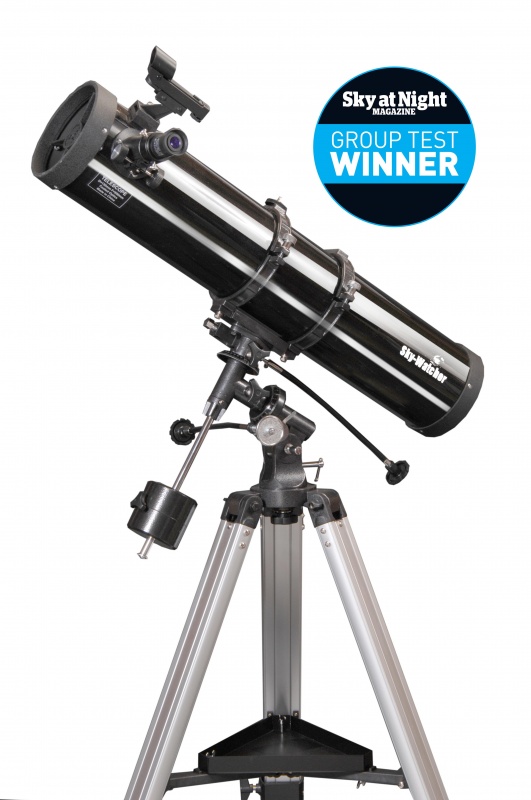Gremlin
Well-Known Member
Unfortunately, one of the problems with astronomical telescopes is that the images appear upside down and hence you get a nasty crick in your neck when *testing* it as you describe.All very well and good, but can you post some examples of your neighbours wife undressing just to see what the resolution is like at close range please?





